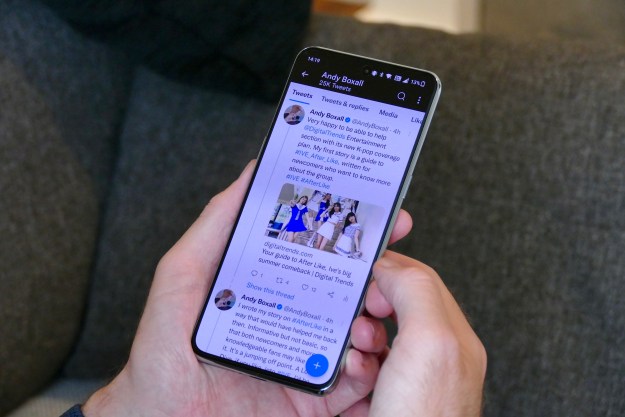The Department of Justice (DOJ) unveiled legislation to radically reform Section 230 on Wednesday, September 23, which would strip many of the legal protections social media platforms and tech companies now have by making them liable for users’ posts.
While the legislation is just a draft, the DOJ’s suggestions focus on narrowing the criteria online platforms would need to meet to have liability protections and establish what type, if any, immunity platforms get for specific cases, according to CNBC.
Under the new draft, legal immunity would be removed when platforms enable criminal activity or don’t consistently follow their content moderation policies — an allegation that has long riled conservatives who claim tech companies unfairly censor their views.
The legislation would also enforce a standard that tech companies must remove “obscene, lewd, lascivious, filthy, excessively violent” content or lose their legal immunity.
Platforms could also end up facing civil suits relating to content that promotes online child exploitation and terrorism.

The draft would need still to be passed by Congress, but both Democrats (including the presidential nominee, former Vice President Joe Biden) and Republicans have said they want to look into the legal protections that social media outlets now have.
Talks about changing Section 230 of the Communications Decency Act have been going on for some time, but gained steam in May after President Donald Trump signed an executive order targeting social media platforms. The executive order — purportedly to crack down on alleged “censorship” — came shortly after Twitter attached a fact-checking notice to Trump’s tweets.
Other social media companies have since followed suit, flagging content from the president for spreading misinformation or glorifying violence.
Section 230 protects websites from being liable if one of their users posts something illegal or controversial, so you can’t sue Twitter for a tweet someone posted, for example. The specific wording says, “No provider or user of an interactive computer service shall be treated as the publisher or speaker of any information provided by another information content provider.”
This law has been essential to creating social media as it currently exists since it allows people to converse freely, post creative works, and contribute information across platforms.
Many opponents of repealing Section 230 argue that it would remove free speech on the internet and break the internet as we know it.
Editors' Recommendations
- What does a check mark mean on Facebook Messenger?
- What does the lock mean on Snapchat?
- What is Ambient Mode on YouTube?
- What is Mastodon? Here’s why everyone’s talking about this Twitter alternative
- Twitter’s SMS two-factor authentication is having issues. Here’s how to switch methods




